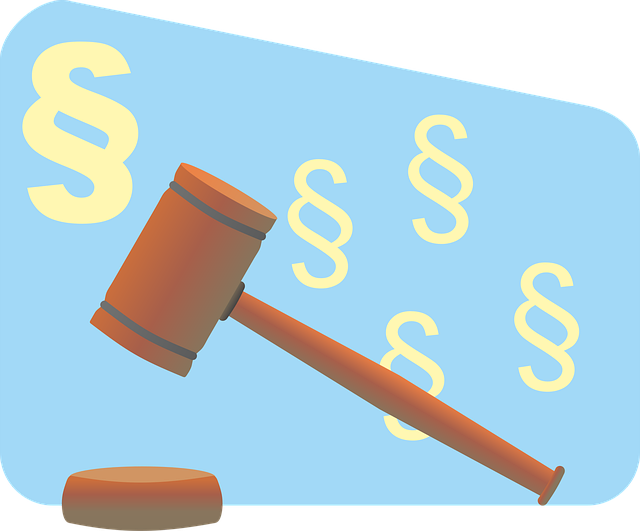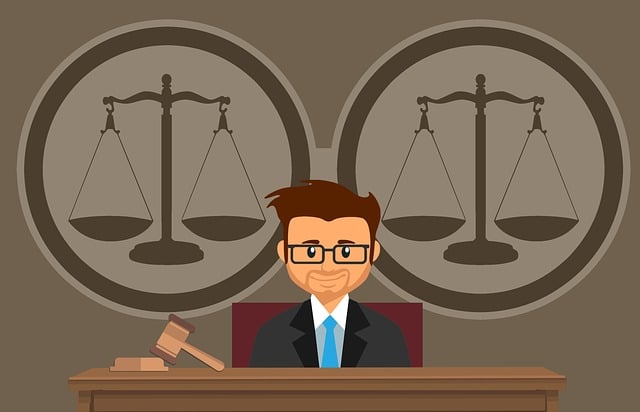Jury consultants play a pivotal role in antitrust trials by leveraging social science research to uncover juror biases, craft compelling narratives, and guide strategic decisions. Their expertise helps ensure fair trials, navigate complex legal landscapes, and significantly influence outcomes for both corporate and individual clients. In high-stakes cases, their predictive capability is invaluable for managing client expectations and tailoring arguments based on potential juror perceptions.
Antitrust violation cases are complex legal battles aimed at preserving fair competition in markets. Understanding these laws and their enforcement is crucial for both businesses and consumers alike. This article delves into the intricate world of antitrust litigation, focusing on key aspects like jury selection and the growing influence of experts, particularly jury consultants. By exploring these dynamics, we uncover the significant role these professionals play in shaping case outcomes and public perception, making them an indispensable component of modern antitrust trials.
- Understanding Antitrust Laws and Their Enforcement
- The Jury Selection Process: A Key Phase in Antitrust Trials
- Role of Experts: Uncovering Bias and Preconceptions
- Impact of Jury Consultants on Case Outcomes and Perception
Understanding Antitrust Laws and Their Enforcement

Antitrust laws are designed to promote fair competition and prevent monopolies from dominating markets, thereby fostering a competitive business environment. These laws ensure that companies engage in honest and ethical practices, maintaining a balance in the marketplace. The enforcement of antitrust regulations is a complex process involving various legal authorities and experts. One critical component often overlooked is the role of jury consultants in high-stakes cases.
In major antitrust violation trials, especially those with an unprecedented track record, jury consultants play a pivotal role in achieving extraordinary results. They assist legal teams in understanding the nuances of the case from a juror’s perspective, helping to craft compelling narratives and arguments. By employing strategies that cater to emotional connections and cognitive biases, these consultants ensure that complex antitrust concepts resonate with the jury, ultimately influencing their decisions. This specialized expertise is invaluable in high-profile cases where public perception can significantly impact the outcome.
The Jury Selection Process: A Key Phase in Antitrust Trials

The selection of a fair and impartial jury is paramount in antitrust violation cases, as it significantly influences the outcome of trials. This process involves careful consideration of potential jurors to ensure diversity in perspectives and background, reflecting the respective business, philanthropic, and political communities they represent. Jury consultants play a pivotal role here, employing sophisticated strategies to identify and challenge or include specific individuals based on their understanding of the case’s nuances.
They analyze demographic data, past jury experiences, and cultural factors to assemble a jury pool that can objectively evaluate complex legal arguments. These experts guide plaintiffs’ and defendants’ attorneys in questioning prospective jurors, aiming to uncover biases or preconceived notions that could skew the trial’s result. By leveraging their knowledge of community dynamics, jury consultants help shape a jury that is not only representative but also capable of rendering justice based on the evidence presented during the antitrust trial.
Role of Experts: Uncovering Bias and Preconceptions

In antitrust violation cases, experts play a pivotal role in uncovering complex patterns and biases that may influence outcomes. Jury consultants, in particular, are instrumental in this process. They employ sophisticated analytical tools to scrutinize data and identify potential preconceptions among jurors. By understanding these biases, they can tailor strategies to ensure fair trials for both corporate and individual clients, irrespective of where they stand in the case.
These experts help attorneys present evidence effectively by providing insights into how different demographics might perceive it. This strategic guidance is crucial for achieving extraordinary results across the country. Through their meticulous analysis, jury consultants contribute significantly to navigating the intricate landscape of antitrust litigation, ultimately fostering a more balanced and just legal process.
Impact of Jury Consultants on Case Outcomes and Perception

In high-stakes cases, especially those involving antitrust violations where the penalties can be severe, the role of jury consultants in trials becomes paramount. These professionals are engaged to offer insights into potential juror biases, help craft compelling narratives, and ultimately guide strategic decisions that could sway a case’s outcome. By understanding how jurors might perceive the evidence presented, law firms can tailor their arguments and witness selections accordingly, aiming to avoid indictment or mitigate damages.
The impact of jury consultants on case outcomes is profound, particularly in complex legal scenarios. Their expertise in social science research methodologies enables them to analyze potential juries, predict responses to various trial strategies, and even identify subtle shifts in public perception. This predictive capability can be instrumental in managing expectations and ensuring the best possible outcome for clients facing antitrust charges, especially when compared to general criminal defense strategies that may not account for the unique dynamics of these cases.
In the intricate landscape of antitrust litigation, each component plays a vital role in ensuring fair and just outcomes. From comprehending complex antitrust laws to selecting impartial juries and leveraging expert insights, every step is crucial. Notably, the role of jury consultants emerges as a game-changer, influencing case perceptions and ultimately shaping outcomes. Understanding their impact is essential for navigating these legal labyrinths effectively, especially given the increasing reliance on their strategic advice in modern trials.






